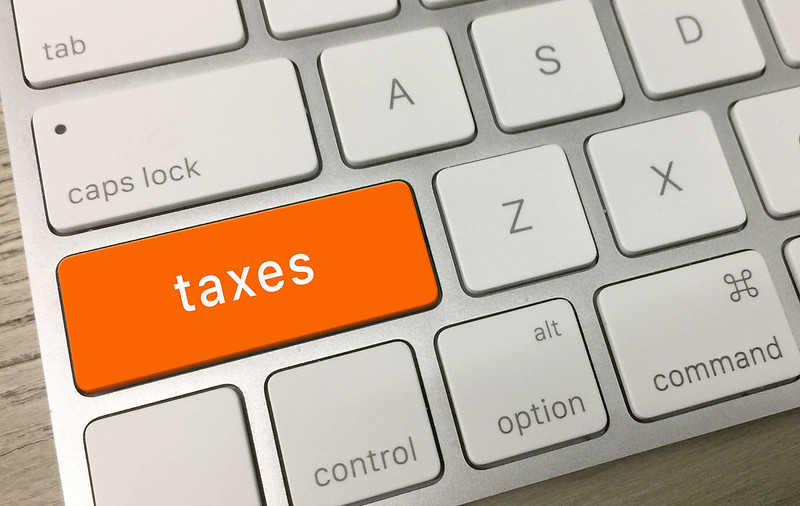Finance
Beware: RCEC Exploitation by Tax Scammers on the Rise

Clear Facts
- The Residential Clean Energy Credit (RCEC) is being exploited by tax scammers.
- A recent scam involves misrepresentation of rules for claiming clean energy credits, specifically targeting those who file Form 1040.
- The IRS warns taxpayers of potential penalties for claiming ineligible credits, including the requirement to repay fraudulent credits with interest and possible additional fees.
The shift to renewable energy resources affords dual advantages, for both the environment and individuals’ finances. Installing solar panels or wind turbines not only contributes to the reduction of air pollution and harmful greenhouse gas emissions, but it also offers potential for monetary returns via the Residential Clean Energy Credit (RCEC).
Nonetheless, the IRS recently alerted taxpayers to a growing scam involving the misuse of this tax incentive. Based on a July 3 announcement, the agency cautioned filers “not to fall victim to a new emerging scam involving the purchase of clean energy tax credits.”
The RCEC is a nonrefundable credit accessible to taxpayers who “invest in renewable energy for [their] home such as solar, wind, geothermal, fuel cells or battery storage technology.”
The IRS explains that the RCEC “equates to 30 percent of the costs of new, qualified clean energy property for your home installed anytime from 2022 through 2032. The credit percentage rate drops to 26 percent for property put into service in 2033 and 22 percent for property put into service in 2034.”
Despite the allure of such tax credits, the IRS underscores a growing concern over the misrepresentation of claiming procedures for clean energy credits under the Inflation Reduction Act (IRA).
“Individuals purchasing tax credits under the IRA are subject to the passive activity rules for any bought credits. Generally, this means they can only use bought credits to offset income tax from a passive activity. Most taxpayers do not have passive income and a passive income tax liability. Most investment activities are not considered passive,” the IRS states.
The scam predominantly targets taxpayers who file Form 1040, which pertains to income, deductions, tax refunds, and credits. The IRS has reportedly encountered returns where income tax has been unlawfully reduced using fraudulent IRA credits.
In their consumer advisory, the IRS emphasized that taxpayers claiming ineligible credits could face penalties, including the requirement to repay these credits with interest and possibly additional fees.
“This is another instance where fraudsters are trying to exploit the complexity of the tax law to entice people into claiming credits they’re not entitled to,” IRS Commissioner Danny Werfel said. “Taxpayers should be cautious of promoters pushing dubious credits like this and others. The IRS is monitoring this scam, and we encourage people to consult a reputable tax professional before claiming complex credits like clean energy.”
For those seeking more information on the RCEC or looking to lawfully buy clean energy credits under IRA regulations, it is recommended to consult trusted tax experts.
Let us know what you think, please share your thoughts in the comments below.

Terry
July 17, 2024 at 10:28 pm
I’m sure if it is a ruling by the infernal revenue service it will enrich their coffers rather than help the tax-paying citizen!